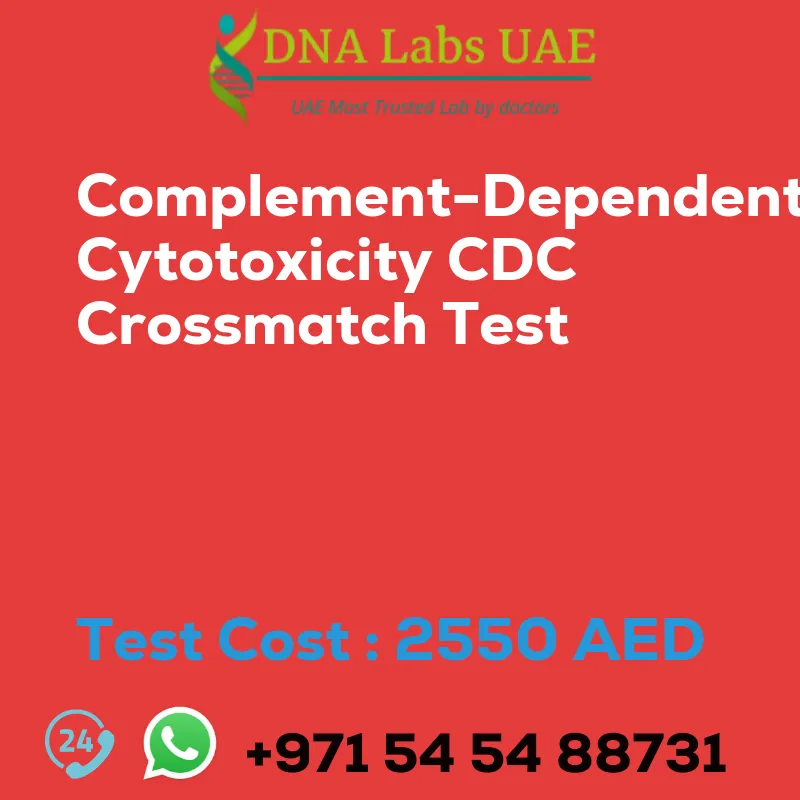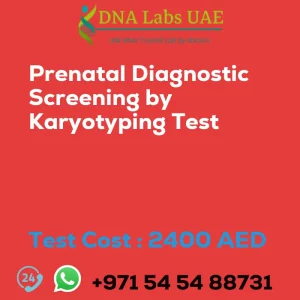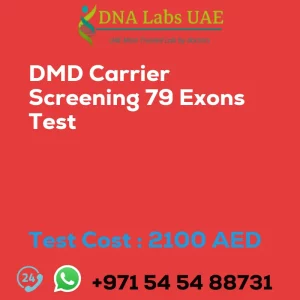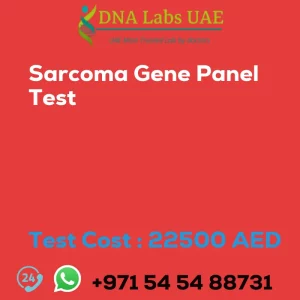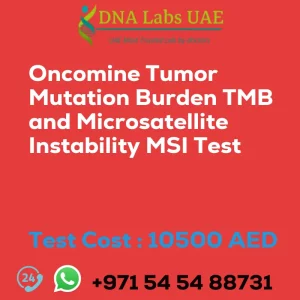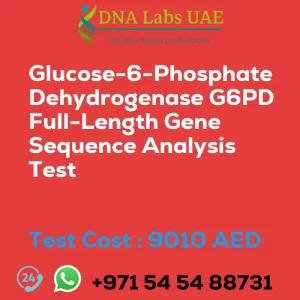Complement-Dependent Cytotoxicity CDC Crossmatch Test
At DNA Labs UAE, we offer the Complement-Dependent Cytotoxicity (CDC) Crossmatch Test for organ transplantation. This test helps determine the compatibility between a potential organ donor and recipient by assessing the presence of donor-specific antibodies (DSAs) in the recipient’s blood.
Test Details
The CDC crossmatch test involves mixing the recipient’s serum (containing antibodies) with the donor’s lymphocytes (white blood cells). Complement proteins, which are part of the immune system, are then added to the mixture. If DSAs are present in the recipient’s serum, they will bind to the donor’s lymphocytes, activating the complement system.
This activation leads to the formation of membrane attack complexes that cause cell lysis and death of the donor’s lymphocytes. The degree of cell death is assessed by measuring the release of a marker, such as radioactive isotopes or fluorescent dyes, from the lysed lymphocytes.
Test Name: Complement-Dependent Cytotoxicity CDC Crossmatch Test
Components
- Price: 2550.0 AED
- Sample Condition: Blood
- Report Delivery Method:
- Test Type:
- Doctor:
- Test Department:
Pre Test Information
CDC crossmatching is typically performed before transplantation to identify potential organ rejections. It is especially useful in identifying DSAs that are not detected by other methods, such as flow cytometry crossmatch or solid-phase immunoassays.
Benefits of CDC Crossmatching
CDC crossmatching helps ensure successful organ transplantation and reduces the risk of rejection by identifying incompatible matches. It provides valuable information that may not be detected by other methods, allowing for a more accurate assessment of compatibility between the organ donor and recipient.
By choosing DNA Labs UAE for your CDC crossmatch test, you can have peace of mind knowing that our experienced team will provide accurate and reliable results. We are committed to delivering high-quality services to support organ transplantation and improve patient outcomes.
| Test Name | Complement-Dependent Cytotoxicity CDC Crossmatch Test |
|---|---|
| Components | |
| Price | 2550.0 AED |
| Sample Condition | Blood |
| Report Delivery | |
| Method | |
| Test type | |
| Doctor | |
| Test Department: | |
| Pre Test Information | |
| Test Details |
Complement-dependent cytotoxicity (CDC) crossmatch is a laboratory test used in organ transplantation to determine the compatibility between a potential organ donor and recipient. It assesses the presence of donor-specific antibodies (DSAs) in the recipient’s blood that can lead to rejection of the transplanted organ. During a CDC crossmatch, the recipient’s serum (containing antibodies) is mixed with the donor’s lymphocytes (white blood cells). Complement proteins, which are part of the immune system, are then added to the mixture. If DSAs are present in the recipient’s serum, they will bind to the donor’s lymphocytes, activating the complement system. This activation leads to the formation of membrane attack complexes that cause cell lysis and death of the donor’s lymphocytes. The degree of cell death is assessed by measuring the release of a marker, such as radioactive isotopes or fluorescent dyes, from the lysed lymphocytes. If significant cell death occurs, it indicates that the recipient has DSAs against the donor’s antigens, suggesting an incompatible match. CDC crossmatching is typically performed before transplantation to identify potential organ rejections. It is especially useful in identifying DSAs that are not detected by other methods, such as flow cytometry crossmatch or solid-phase immunoassays. By identifying incompatible matches, CDC crossmatching helps ensure successful organ transplantation and reduces the risk of rejection. |

